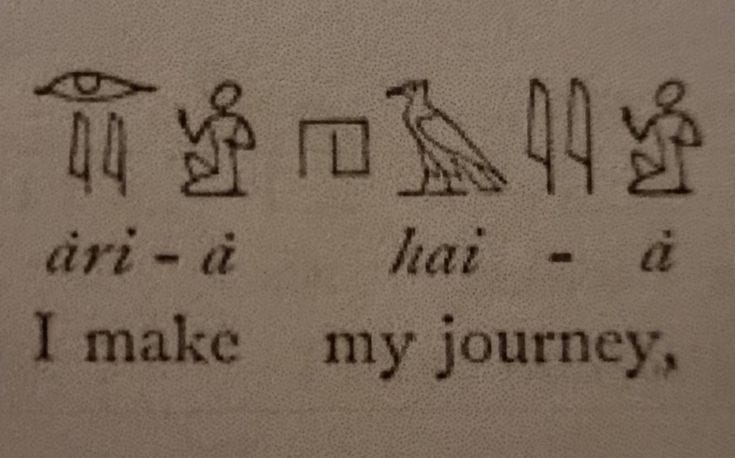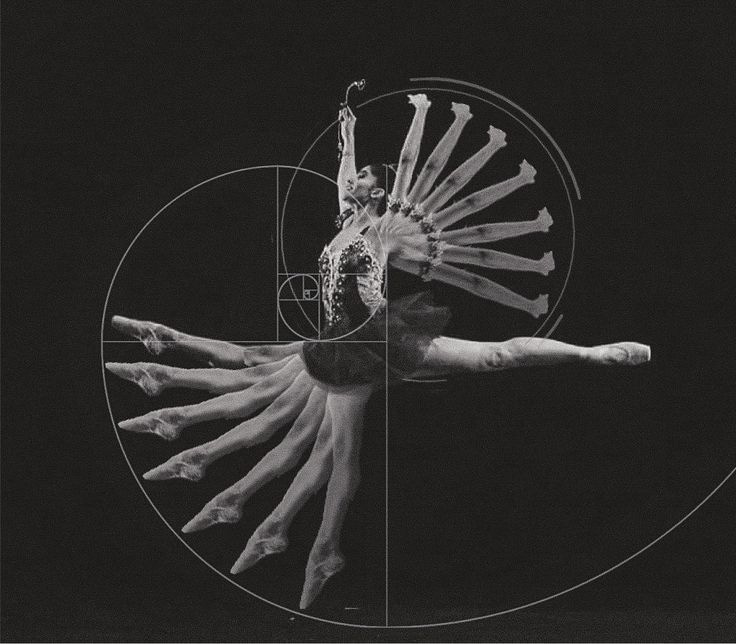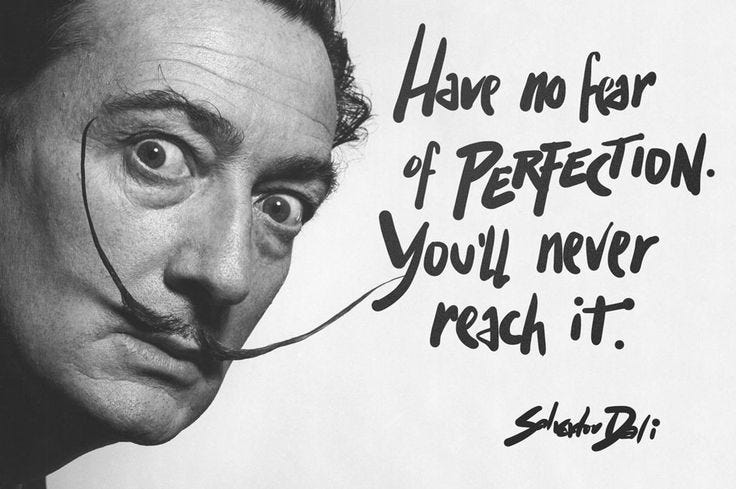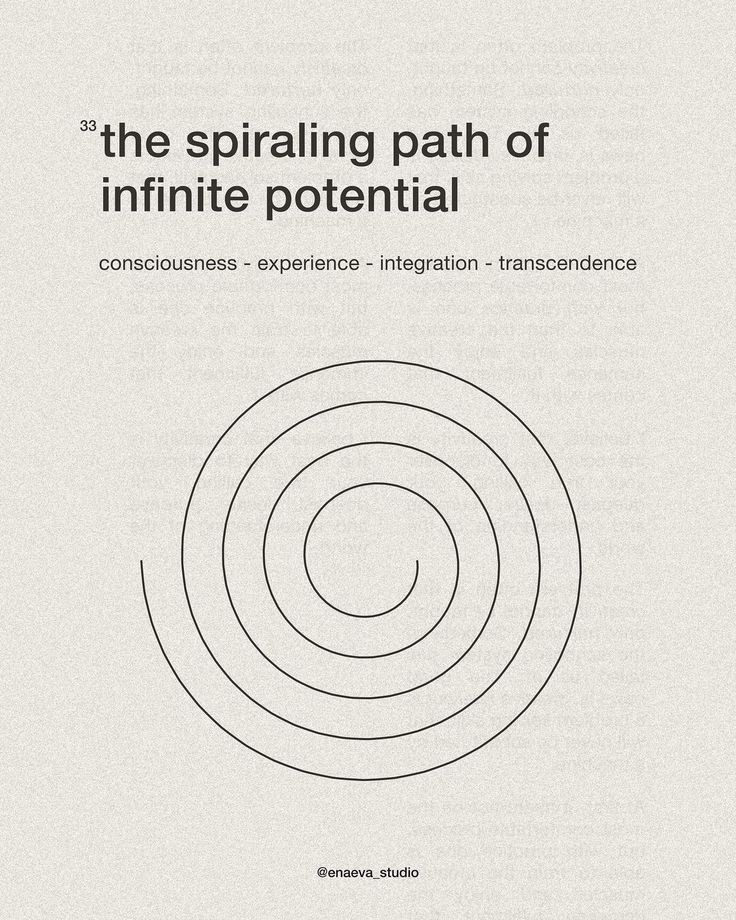An exploration of how the pursuit of elegance leads to over-complication, while true elegance lies in restraint and intuition.
It’s 48 BCE. Cleopatra, exiled as Queen of Egypt, watches as Julius Caesar arrives in Alexandria, his presence looming like a god’s. She’s barred from meeting him by her husband, Ptolemy XIII, who has usurped her royal authority in a desperate attempt to secure the throne. He’s jealous— while Cleopatra is cunning and magnetic, he feels only insecurity and wrath. Caesar is the only one who can restore her power.
An idea occurs to her, sensational in its simplicity.
She has her slender body rolled in a rug— smuggled past the vigilant guards, and into Caesar’s quarters. Then, in a moment of pure theater, the rug is unfurled before him, and there she stands. Queen Cleopatra. She says nothing as he stares at her with awe— stunned by her clever audacity and intoxicated by her boldness. It seems as though destiny herself unfurled alongside this Queen of Egypt; as Caesar himself knew that Cleopatra had just created the perfect illustrious moment: she was effortless.

Cleopatra didn’t flinch when confronted with the impossible; she seized the moment, and transformed it. Caesar was captivated; her intelligence and political acumen convinced him to side with her in the dynastic struggle against her treacherous brother (yes, you read that right!), which sparked the Alexandrian War. By the end, Ptolemy had drowned to the bottom of the Nile, and Cleopatra was firmly in power. The elegance of her simple idea reshaped Cleopatra’s fate and altered the course of Egyptian and Roman history forever.
The brilliance of her actions lies in its paradox. From the Greek paradoxos, meaning “contrary to expectation,” a paradox defies logic to reveal a deeper truth. This connects directly to what psychologists call The Effort Paradox—the harder we try to appear effortless, the less authentic we seem. Overthinking drains mental energy, often leading to forced results.
Cleopatra’s genius wasn’t in crafting an elaborate display to impress Caesar, a man who loved wealth and opulence, but in the straightforwardness her reveal.
More than 2,000 years later, Cleopatra’s bold simplicity serves as a timeless reminder: overthinking dilutes brilliance, while elegance thrives in the audacity of the uncomplicated.
Authenticity vs. Curation
We often mistake elegance with perfection— flawless har, perfectly pressed suit, following a trend to the t, buying just the right designer for the occasion. This is where w’re wrong. Authentic elegance doesn’t look rehearsed because it’s not— it’s effortless. It simply exists, simply is. Overthinking ruins any illusion of this. Too many rules and barriers will have you feeling contrived, not polished. It will make you feel ashamed and aggravated, envious of what you think others have that doesn’t exist within you. Our brains rely on patterns, and when elegance is repeatedly associated with over-engineering, it becomes a performance rather than an instinct. Overthinking isn’t the same as effort. They are not related.
Imagine spending hours agonizing over an outfit for an event. The level of agony over your clothing will pour over into trying to find the right accessories, the right makeup, hairstyle, everything. By the time the event arrives, you most likely wont want to go. Everything will feel so disconnected from who you are, its not natural.
Now let’s consider the alternative: instead of spending time trying to put together the ‘perfect look’, something cultivated, you pick what suits you best. Your accessories and hairstyle will complement your natural aesthetic, what makes you you, and the result will feel seamless. You will be aligned with who you are, which will give you confidence. This different level of effort will make all the difference.
We need to train ourselves to see the whole picture, not just the individual frames. Studies on heuristics, or mental shortcuts, reveal that intuitive decision-making often leads to better outcomes than over-analysis. In layman’s terms, the less we think about something and go with our gut, the happier we will be. The “gut feeling” you get about an outfit or a style isn’t random— it’s part of your subconscious bubbling to the surface. Therefore, simplicity in self is elegance, making elegance an authentic act of self-expression. It cannot exist inside of over-engineering an idea because it’s formed with instinct. Perfection is not elegance’s final form, but the thread that unravels the idea entirely.
How can we break the paradox?
What can we do, to accomplish the elegance that we admire in others? The glowing skin, the impeccable wardrobe, the Pilates physique. Their elegance seems innate, unobtainable. What we don’t see are the invisible habits that create this illusion: discipline and intentionality. True discipline isn’t that noticeable in others, its small, only revealed to us after these actions accumulate over time.
I will use myself as an example: Each day, I lay out my outfit for the following morning. If I’m not intentional, if i treat this as a chore i can’t wait to be rid of, most-likely I’ll end up wearing something that isnt my best look, and I’ll spend the day feeling self-conscious about it. I’ll wish I had taken the time to choose something different and ill compare myself to others, creating a negative self-fulfilling prophecy that everyone looks better than I do.
Inversely, if I take that 15 minutes to play and ponder, I will have a much happier outcome. I’ll try different things on and enter a state of creative flow. Have I ever worn these patterns together? That blue would go perfectly with that belt I got a few years ago…maybe I could pair these with those….oh that would go so nicely with these shoes, I can’t believe I didn’t think of it before! The next day, I will arrive feeling at ease, very comfortable and likely very proud of my creation.
Do you see, how the illusion plays on us? Dedication and intentionality are the most important parts of who we are, they are the invisible threads that tie our intentions to our reality. This principle is rooted in embodied cognition, the idea that our physical alignment with our choices affects how we project confidence. This alignment appears as effortless elegance because it’s a natural extension of self, not an imposed structure.
Remember Cleopatra: elegance is not about what you wear or how you decorate yourself; it’s your the ability to turn the simple into the masterful. Elegance can only be destroyed by overthinking, in trying to be someone you’re not. The power already resides inside of you, rolled in a rug, waiting for you to spring forth.
Critically Yours,
Alexandra Diana








